Well, in March-2019, I was travelling from Suzhou to Hunan province of China. After an overnight stay in Yueyang city, my next stop was Changsha (长沙), the provincial capital city. Overall, it was a memorable time exploring Changsha. The city is unique in many-many ways, such as the local spicy food taste just awesome over here! Changsha’s nightlife scene is also quite interesting.
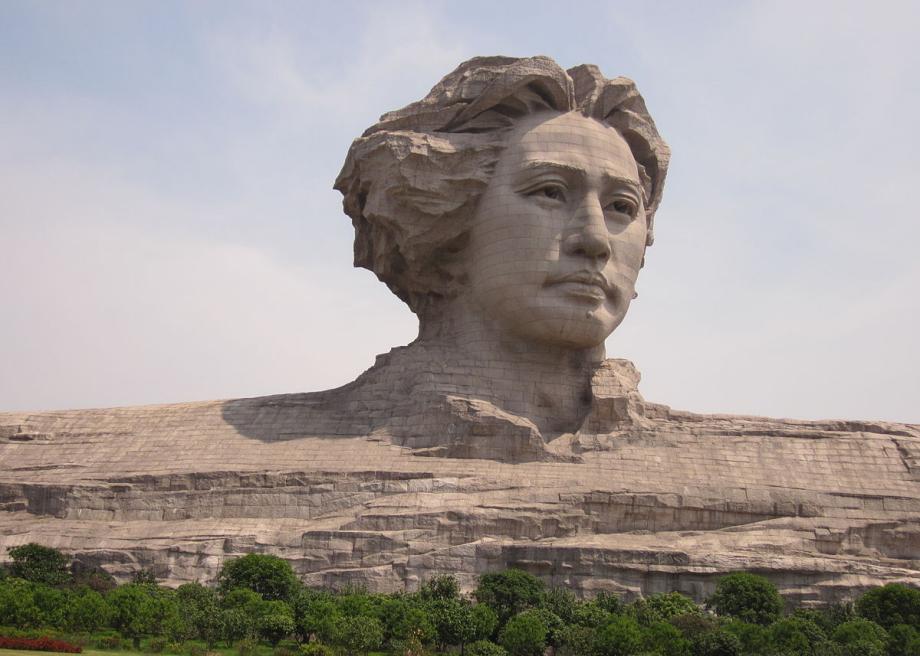
So, in this blog-post, let’s discover travelling to Changsha city. I’m going to cover a good number of issues about Changsha, including food, top travel attractions, shopping markets, nightlife, etc. Also, Changsha indeed seems to have a few unique travel related problems/issues, and I’ll cover some of those issues later in this post. Stay with me for a while!
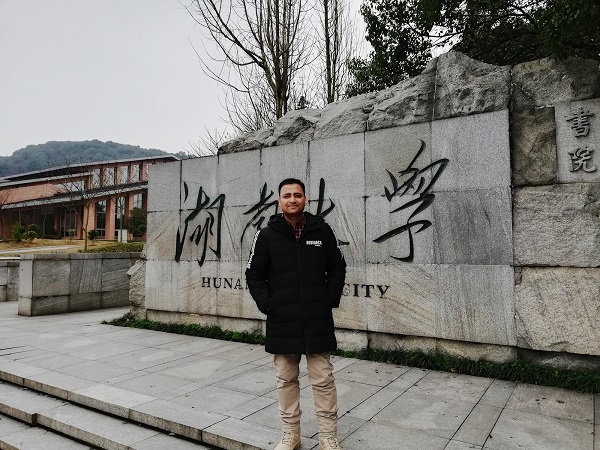
Changsha city brief
Changsha is a historical city with a socio-political history of over 3000 years. It used to be a capital of the Changsha state (206 BC – 220 AD). Later, it was part of the Chu state (907–951) and also served as its capital during the Ten Kingdoms period (907-979).
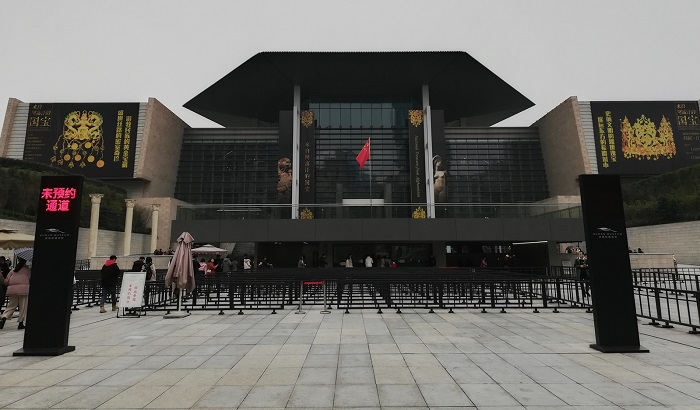
In the early 1900, Changsha was opened for trade with the western world, and subsequently, there was a huge influx of European and Americans traders heading to the mainland China.
The city was occupied by the Japanese during the China-Japan war.
Mao Zedong was from Hunan province, and no wonder, Changsha played an important role in shaping his political thoughts and career.
As of now, Changsha serves as the provincial capital of Hunan province.
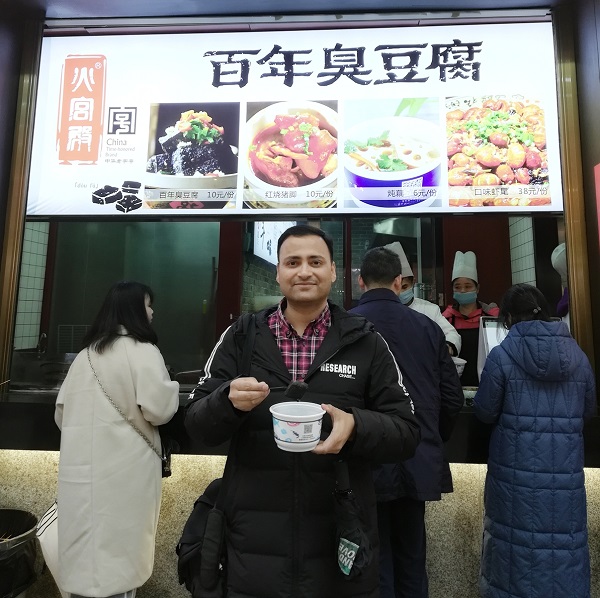
In case you didn’t know, each Chinese province has at least two names. For example, another name of Hunan province is Xiang (湘). Don’t be surprised when you see the character 湘 written on the provincial vehicle’s number plate. This name is derived from the Xiang River (湘江, Xiang Jiang) that flows via Changsha city. In fact, most of the city is located in the plane of the Xiang River.
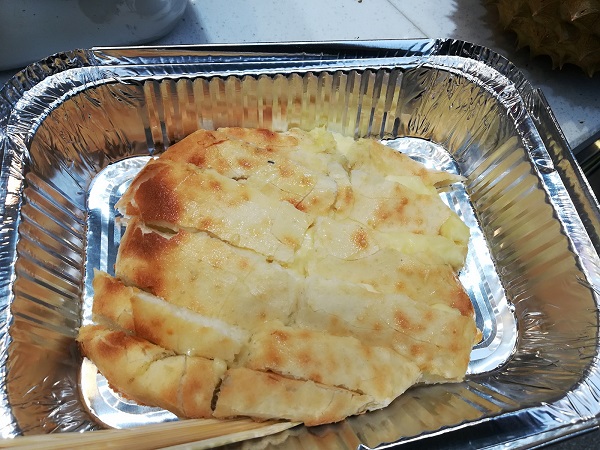
Changsha railway stations
There are at least two railway stations serving the city-
- Changsha Railway Station (长沙站) – for slower-speed trains,
- Changsha South Railway Station (长沙南站) – for the high-speed trains.
Both these stations are connected by the Changsha subway line 2 (地铁 2 号线), the two railway stations are just 7 subway-stations apart.
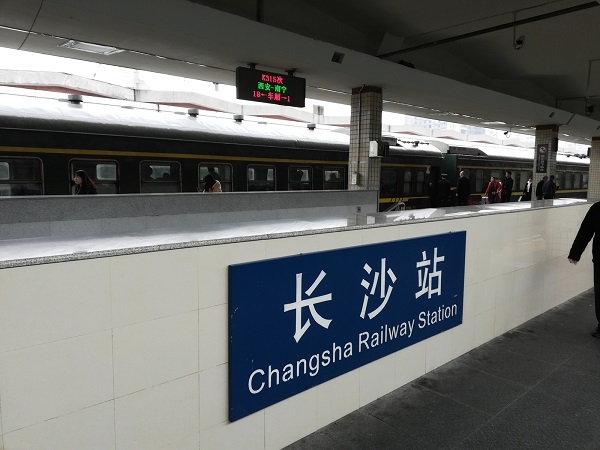
My Yueyang-Changsha train stopped at the main railway station as I was coming by a slow-speed train (慢车/普通车). However, if you are coming from Beijing/Shanghai to Changsha by a high-speed train, you’ll most likely stop at the east station.
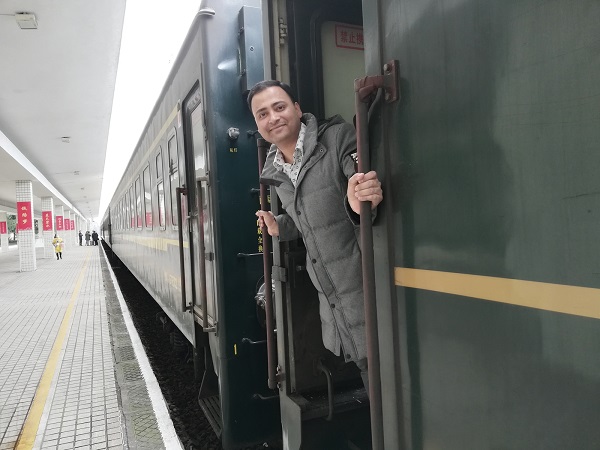
Changsha transportation
Changsha does have a decent public transportation system in place (a few problems are discussed later). The subway connects some of the important Changsha travel attractions (such as the Orange Island). There are buses (RMB 2/ride) and the taxis present virtually everywhere! Make sure to use the Baidu Map while travelling to China.
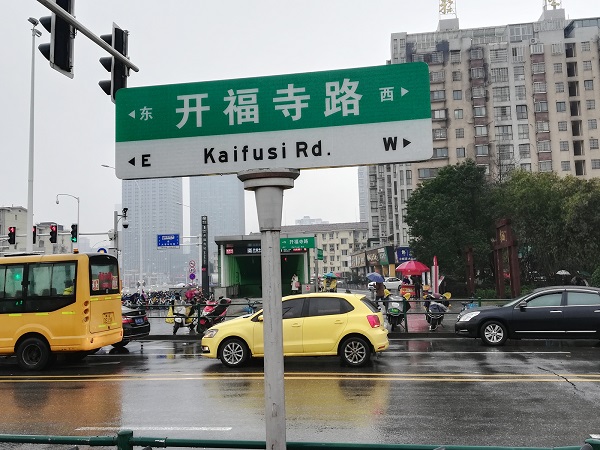
Changsha Hotels and accommodations
There are a lot of hotels and backpacking accommodation options available in Changsha. It’s recommended to stay near a subway station (Booking.com can help). In fact, I ended up booking a really bad accommodation in Changsha despite being an experienced traveler in China. So, make sure to do a better research before finalizing your accommodation.
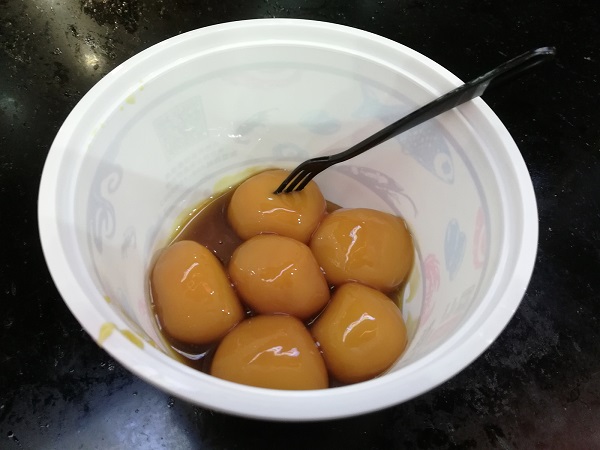
Changsha weather
The city weather was varied considerably from time to time. Although Hunan had less pollution than Jingzhou in Hubei province, it did rain at times and then it wasn’t pleasant coming out. Somehow, the city planning is not that great and it’s just that it rained a lot during my March trip.
Top things to do in Changsha city, Hunan province
Alright! Now let’s discover some of the top things to do in Changsha city.
Hunan Provincial Museum
This is indeed an interesting museum (湖南省博物馆) to discover Hunan’s history and culture. The museum also has a well-preserved 2,100 year old body of Xin Zhui (辛追, Xīn Zhuī, also known as Lady Dai or Marquise of Dai). Entry to the museum is provided for free, but you’ll still need to get the entry ticket by showing an ID. Opening hours: 09:00-17:00 (Tuesday to Sunday). Closed on Monday.
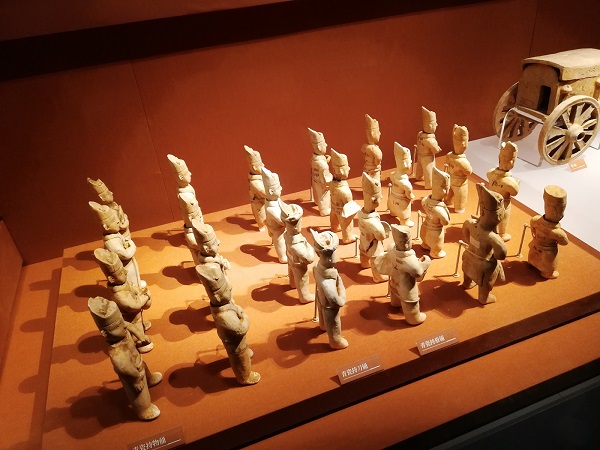
Martyrs park
Well, one of the iconic Changsha travel attractions is the Martyrs Park (烈士公园). The park is just located a few minutes’ walking distance from the provincial museum. Free entry. The park has a beautiful memorial building with the photos celebrating those who helped establish the modern China.
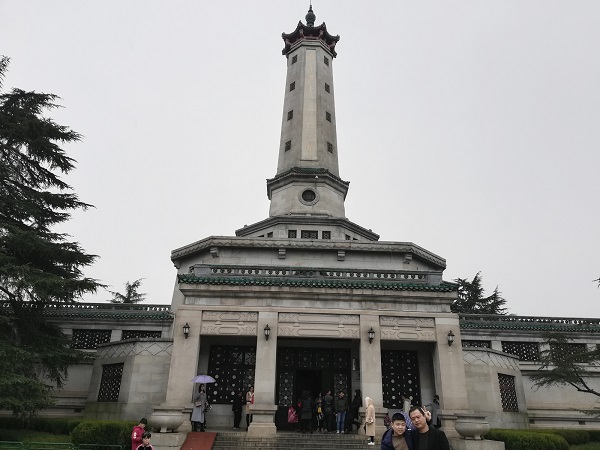
The Martyrs Park also has a beautiful lake where you can take a boat ride or just wander around the lake on foot.
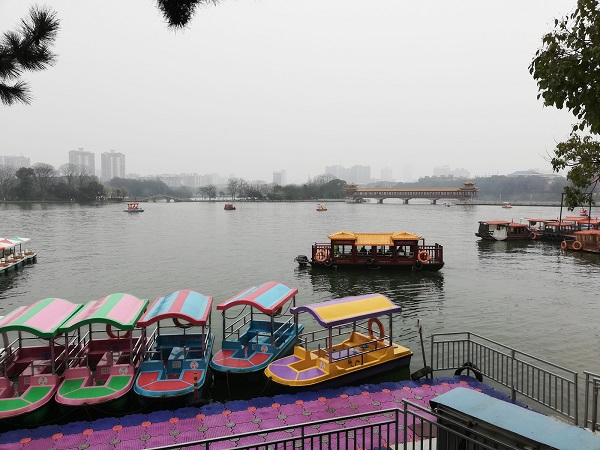
Hunan University
I love visiting universities and Hunan University (湖南大学) was already in my Changsha travel attractions list. The campus looks very beautiful. There are many cafeterias on the university campus. Don’t forget to visit the Yuelu Mountain (岳麓山) and Yuelu Academy (岳麓书院) that are integral to the Hunan University campus.
Yuelu Academy
The academy, located deed inside the serene campus of the Hunan University, has a thousand year old history as a pioneer as the center of learning. It’s a great place to discover Chinese history. The whole premise is located at the base of the Yuelu Mountain. RMB 50/ticket.
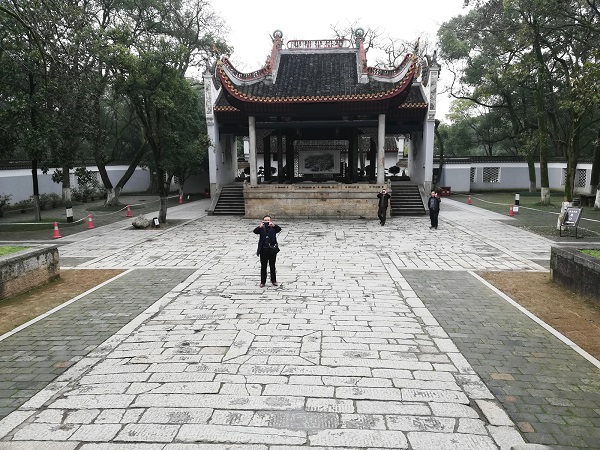
Yuelu Mountain
The Yuelushan (岳麓山) is an interesting place to relax outside the hustle and bustle of Changsha city. You can either walk uphill, use the cable car or probably drive uphill as well. The mountain has numerous restaurants, drinks stalls, apart from the beautiful temples.
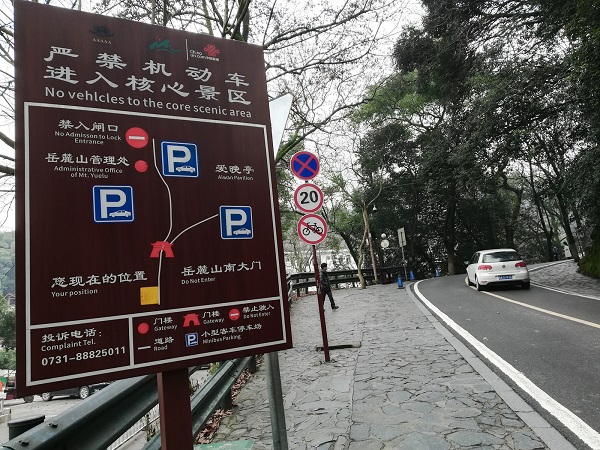
Kaifu Temple
The temple is directly served by the Kaifu Temple subway station (开福寺, line 1). The Buddhist temple is well-maintained. You can conveniently spend an hour exploring the traditional art and architecture. The entry ticket is RMB 10. But you should be careful with the beggars near the ticket window (more details in the problems in Changsha section).
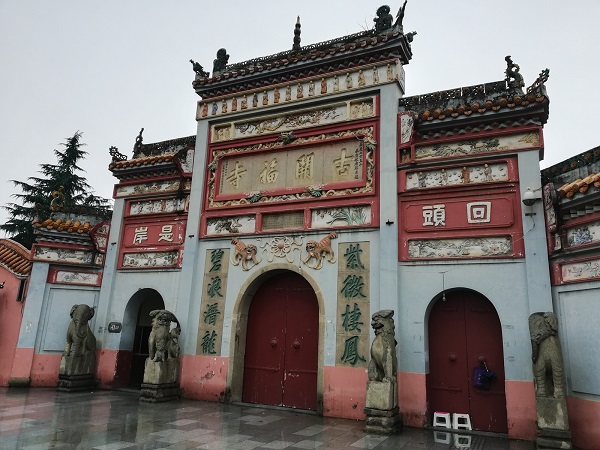
Orange Isle
The Orange Island (桔子洲), located on the Xiang River, is a very clean and green island. A trip to the island is definitely one of the top things to in Changsha. There is no entry ticket. Getting to the island is very easy as you can just take the subway line 2 and get down at the Juzizhou station (橘子洲). You can just keep walking on the orange island from North to South.
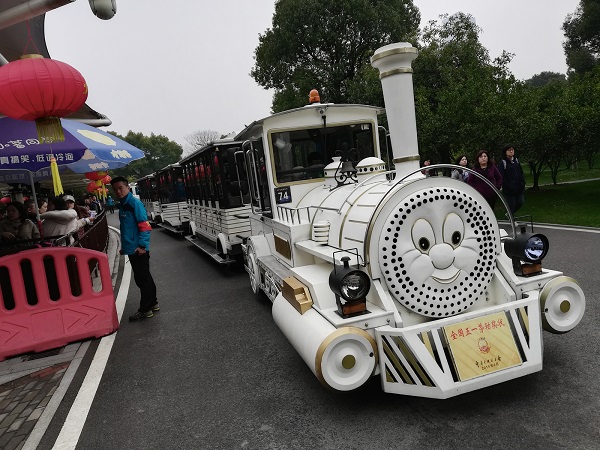
The statue of young Mao Ze Dong, located on the southern part of the island, is one of the top attractions on the island. In the northern part of the island, you’ll find the swimming pool and spa.
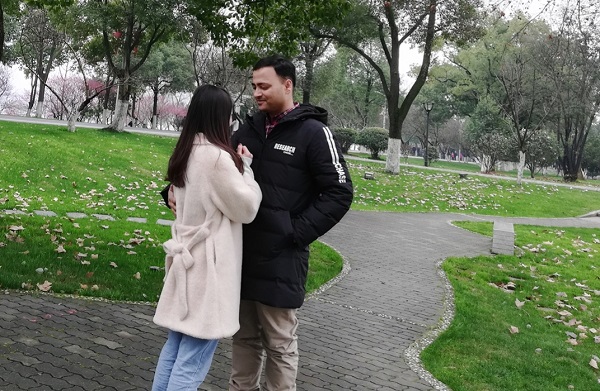
Make sure to put on nice shoes and carry some water. Of course, there are many drinking and eating options available on the island. You can spend a half to one full day here.
Changsha food, shopping streets and nightlife
Well, Changsha is famous for the spicy food. In particular, the stinky tofu is like a signature dish of Changsha. There are so many places to eat the delicious Changsha food. Here are some of the street market places you just can’t give a miss-
- Pozi Street (坡子街),
- Huangxing Jie street (黄兴路步行街),
- ID Mall (悦方ID),
- Wuyi Shopping Circle (五一广场).
If you have to visit just one shopping street in Changsha, you should visit the Pozi Street. The most famous restaurants in the street are located in the Fire God Palace (火宫殿, Huo Gong Dian), a small shopping square along the Pozi Street. The Huo Gong Dian was visited by Chairman Mao in 1958 (he seems to have tried the bean curd).
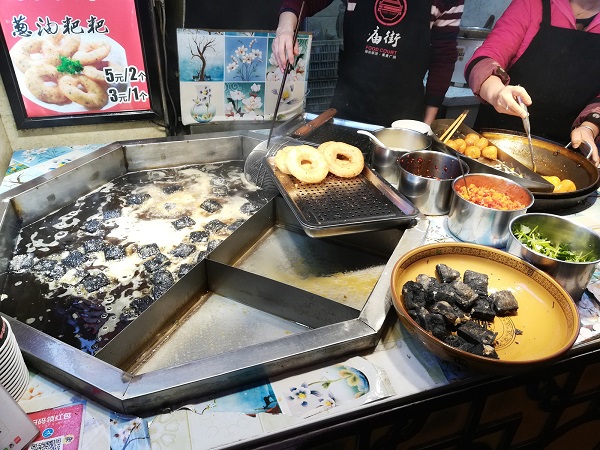
The whole nightlife scene near the shopping street is worth exploring. You’ll see a huge crowd along the Pozi Street in the nighttime. There are also some nice bars and KTV available in these shopping streets.
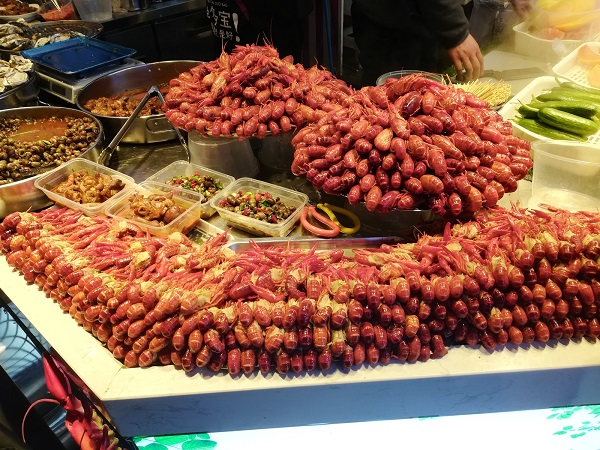
You should also try the local tea at the Cha Yan Yue Se (茶颜悦色 – a local tea chain) tea stall – there are quite a few stalls along the Pozi Street. They are unique to the Changsha city (as they probably don’t have branches in other parts of China).
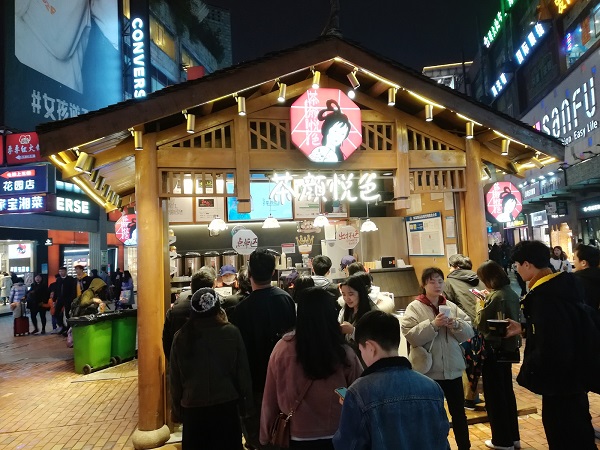
Problems in Changsha
Alright! Now I’d talk about some of the common travel problems in Changsha. The city is obviously very safe to travel, but still try to exercise some precautions!
First of all, the beggars! There are way too many beggars in Changsha. OMG, at times, it was extremely frustrating. This was the first time in my whole Chinese life that I faced these frustrating beggars. They were usually pushy and would poke in my waist and tummy to get some cash.
At the Kaifu shi temple, when I tried to buy the ticket, I opened my bag to take some cash out, but the beggar tried to virtually loot the cash from my bag. They probably felt that I was giving them those cash. Here is the scene from the Kaifu Temple ticket window-
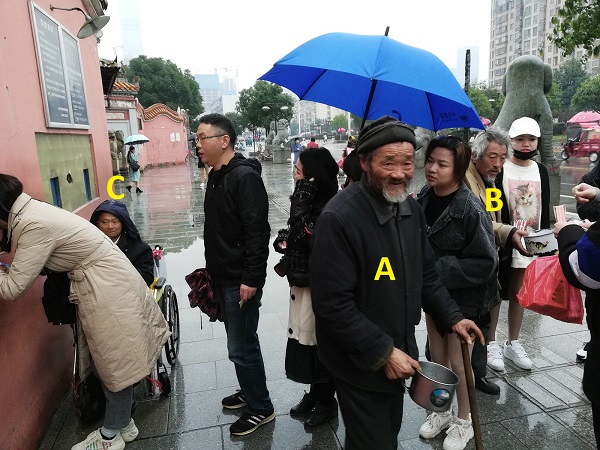
Similarly, in the Pozi Street, I was having a conversation with a very cute girl around 8pm, and then there was this beggar that persistently kept asking me for money. The shopping street was very crowded, it was a rainy night, and obviously I was heavily pissed off with this beggar’s behavior. Let me show you her photo-
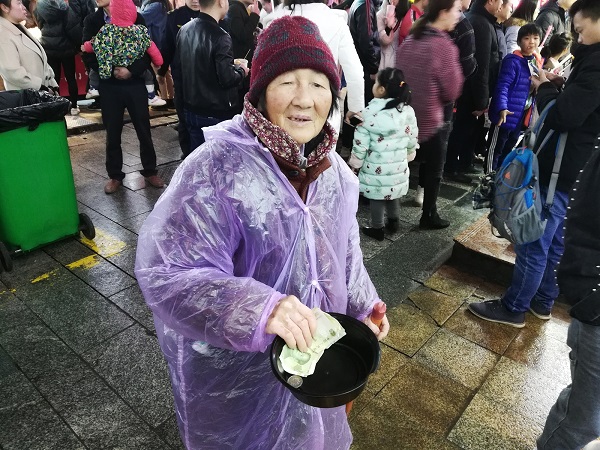
Apart from the beggars, the subway system in Changsha has numerous problems and I’d try to highlight some of them with examples.
First, I wanted to buy a smart card to pay the bus and subway fares, but the basic card price was fixed to RMB 100. I travelled to Changsha just for a couple of days; it looked really a bad idea to buy the expensive card (in Suzhou, the transportation card price is just RMB 20). So I decided to not buy the card and thought I’d rather pay the bus/subway ticket fares using the cash. However, this proved to be a frustrating decision as the automatic ticketing machines often wouldn’t work – here is the photo at subway station connected to Changsha Railway station-
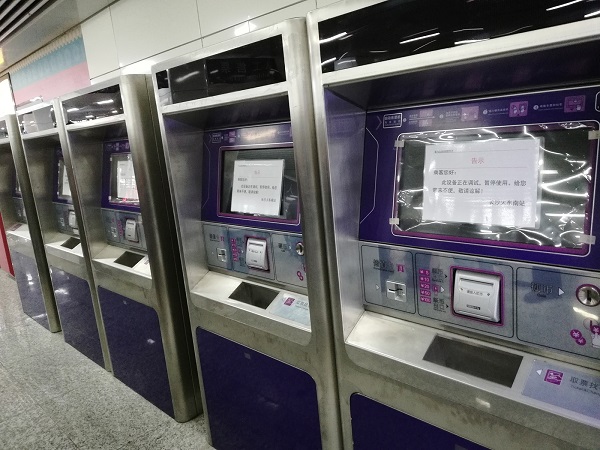
Second, often both the RMB 1 coin and cash notes were not accepted by the ticket vending machines – here is the photo-
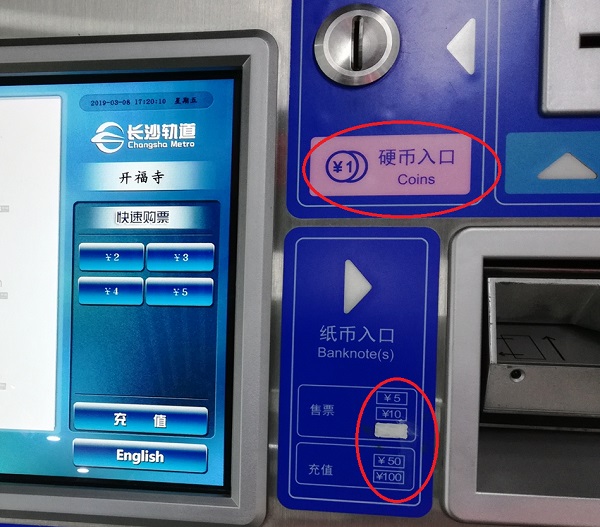
Frankly speaking, it shouldn’t be too difficult to have a proper ticketing system at the subway stations, right?
Also, why there is no public bus station at the Changsha’s heavily crowded Orange Island? The only way for the public to get to the island is by the subway. But you know, the subway station has only two gates – one for exit and one for entrance. And on that fateful day of my trip, one of the gates was not working! Guess what? There was a massive crowd outside the station trying to escape the island. I waited more than 45 minutes (on a sunny afternoon) in the queue to just to enter the subway station.
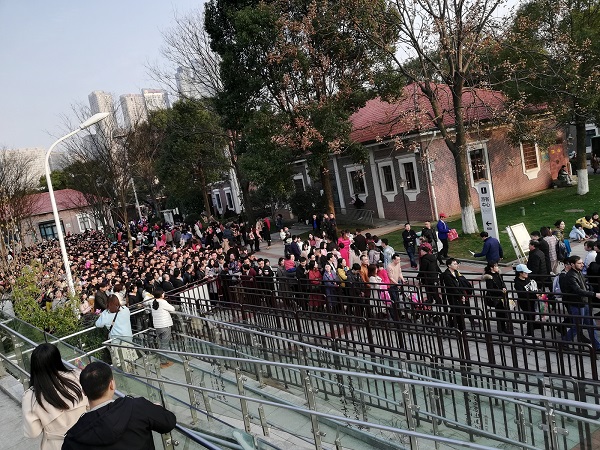
Given the fact that each day there is an enormous amount of people visiting the city, city planning wise, Changsha looked quite messed up.
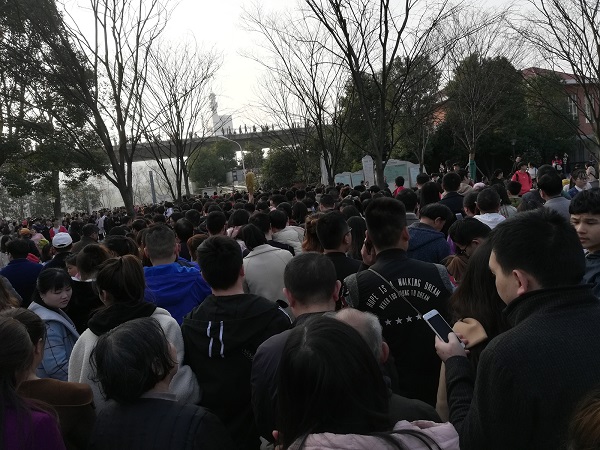
It’s quite understandable that it’s not easy to handle such a huge crowd. But if Suzhou can have a better city planning, why Changsha can’t? I’m of the mind that many cities like Changsha and Wuhan can learn much more from a city in the eastern China, such as Suzhou.
In fact, I often felt that some problems kept happening during my whole Changsha trip. One such issue cropped up early in the morning when the lock of my travel bag just didn’t open (I was preparing to leave to the Hengshan mountain at 5am) – I was sure I entered the correct password. Finally, I had to break the lock early in the morning. And the rest of the Hunan trip continued just with the unlocked baggage.
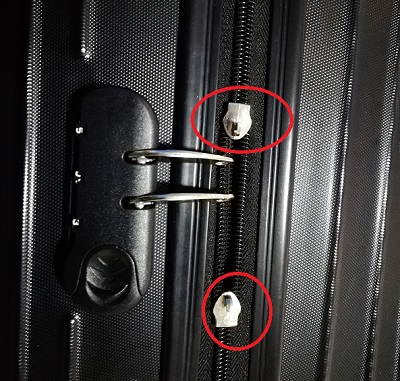
In summary, it was a memorable time to explore Changsha. The food is great and there are some really nice places to explore. Changsha is an interesting city to discover Chinese history and culture. The city does have some problems, but that shouldn’t be a reason to deter you from travelling to Changsha.
That’s all in this post about traveling and top thing to do Changsha city. If you have any question about traveling, living or working in China, do let me know in the comments! Feel free to post in our forum so that others could also contribute and learn. For regular updates like us on Facebook, or follow on Twitter!
If you find the write-ups useful, don’t forget to buy me a beer!
Happy traveling and exploring Changsha city travel attractions, China, and everywhere else!
Cheers!
Last updated: Tuesday, April 16, 2019